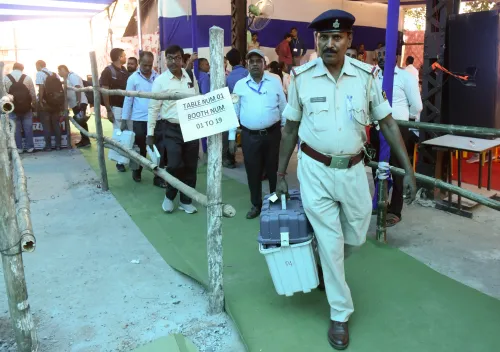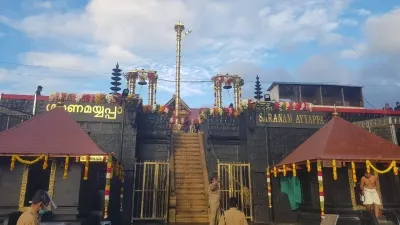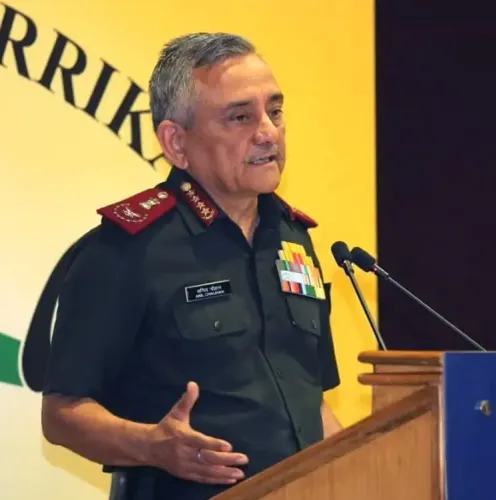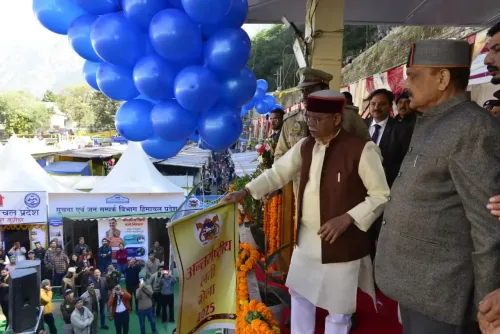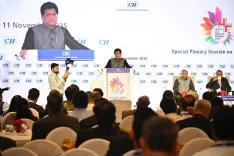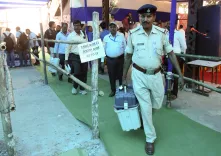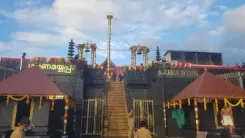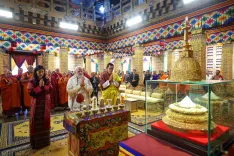Why Can't Compassionate Appointments Be Claimed Decades After a Death?
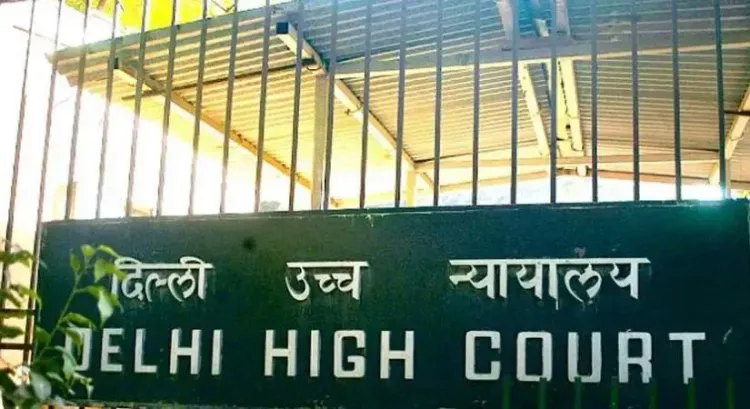
Synopsis
Key Takeaways
- Compassionate appointments are meant for immediate relief.
- Delays in application can disqualify the request.
- The ruling emphasizes the importance of timely claims.
- Compassionate appointment is not a perpetual right.
- Legal precedents reinforce the need for urgency.
New Delhi, Aug 5 (NationPress) The Delhi High Court has rejected a petition by the son of a late Central Industrial Security Force (CISF) constable requesting a compassionate appointment, stating that such a benefit cannot be claimed many years after the death.
A panel of Justices C. Hari Shankar and Om Prakash Shukla addressed the plea from Sachin Yadav, whose father passed away while in service on September 21, 1988.
The petitioner’s mother, Shakuntala Devi, initially sought a job on compassionate grounds in 2000 but was denied due to not fulfilling the educational criteria for the constable position.
For the subsequent 18 years, neither the son nor his mother pursued the matter further.
In February 2018, after obtaining the requisite qualifications, the petitioner submitted his application for appointment.
However, the CISF turned down his request in January 2020, leading him to file a writ petition with the Delhi High Court.
In its ruling, the Justice Shankar-led panel highlighted that the petitioner’s legal representative failed to reference any rules permitting an application nearly two decades post the employee’s demise.
Stressing the rationale behind compassionate appointments, it stated: "Compassionate appointment is intended to enable a family of a government servant who dies in harness to tide over the immediately indigent circumstances in which it may find itself. It caters to a very specific exigency, which dies with the efflux of time."
"Compassionate appointment cannot, therefore, be sought long after the breadwinner of a family dies. It is not a right which continues in perpetuity till purged," it added.
The Delhi HC expressed that considering such delayed applications would "do complete disservice to the very concept of compassionate appointment and would convert it into an alternate mode of recruitment."
Quoting the Supreme Court’s judgment in the Bhawani Prasad Sonkar v. Union of India case, it reaffirmed that compassionate employment is "given solely on humanitarian grounds with the sole objective to provide immediate relief to the employee’s family to tide over the sudden financial crisis and cannot be claimed as a matter of right."
It also referenced another ruling where the apex court determined that applications must be filed promptly or within a reasonable timeframe following death, as any delay suggests that "the family of the deceased or incapacitated employee is not in immediate need of financial assistance."
Declining to consider the plea, the Delhi High Court concluded: "The writ petition is completely devoid of merits and is accordingly dismissed."

